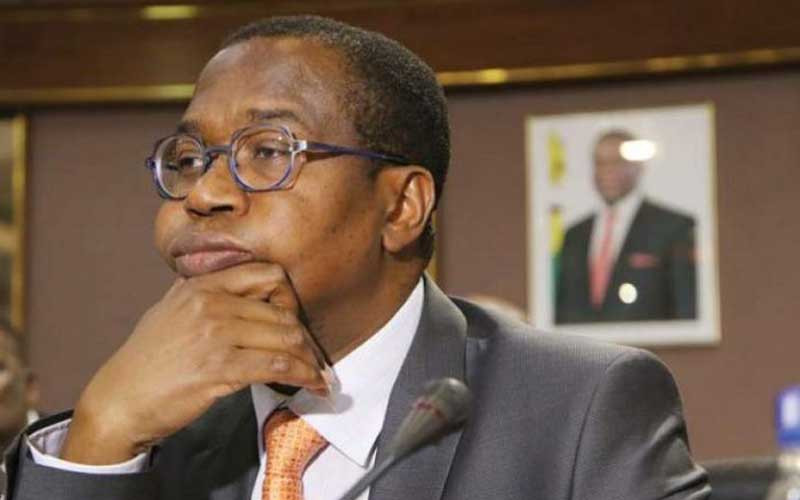
FINANCE minister Mthuli Ncube has revealed that government has no means to fund demands by ministries in 2023 national budget after complaints by legislators in the National Assembly that government departments were severely underfunded.
He said the fiscus could only fund a third of the votes demanded by the ministries for expenditure next year.
Various reports by Parliamentary Portfolio Committees on the 2023 national budget pointed out that ministries were grossly underfunded.
“I have listened carefully to all presentations by portfolio committees. There is not a single portfolio committee that (is happy with the budget allocation for the ministry that they supervise.) They all said it is inadequate, and that is what it is frankly. It may be inadequate, but we have to live within our means. You will notice that I presented a budget of $4,2 trillion, but the bids were three times this figure,” Ncube said in Parliament on Tuesday last week.
“Clearly, we cannot support that kind of expenditure request. We just do not have the resources. The resources that we can reliably generate are just over $4 trillion. We have always said, in terms of the Public Debt Management Act, debt should not go above 70% of gross domestic product (GDP) and we are straining ourselves not to breach that because the higher expenditure means that we have to borrow more, and we end up breaching the hurdle and that is not good for us.
“On the issue of underfunding — that we are not giving ministries what they request for — ministries are always requesting three times the revenue that the economy can generate. This economy is stuck somewhere at around 80% of the GDP in terms of revenue to GDP ratio. That is all it can afford and you cannot extend beyond that 80% of GDP. It is not even underfunding. We are funding what we are able to fund with the resources we have.”
Legislators complained that Ncube has been disbursing budgeted resources to ministries and government departments very late.
This, Ncube explained, was a result of the current cash budgeting system being implemented, which entails that government spending is restricted to revenue collected only.
- Chamisa under fire over US$120K donation
- Mavhunga puts DeMbare into Chibuku quarterfinals
- Pension funds bet on Cabora Bassa oilfields
- Councils defy govt fire tender directive
Keep Reading
“You can only spend what you have collected. Some put it as ‘you eat what you have killed’. You cannot eat more than what you have killed unless you borrow someone’s kill. We have to do this with no recourse to the central bank,” he said.
Previously, government would borrow from the central bank, but this was stopped in 2019 in order to comply with the Public Finance Management Act.
In the event of shocks, Ncube said Treasury would seek a supplementary budget.
Ncube also dismissed calls by legislators to dollarise the economy, saying government would maintain its multi-currency regime.
Members of Parliament said the local currency had become too weak to the extent that it had made the budgetary process a nightmare.
“We have allowed the USD [United States dollars] and ZWD [Zimdollar] to circulate and be used freely. So, anyone can pay in USD and receive USD. I would not even use the term dollarisation, both the ZWD and USD are our currencies as of now. There is no issue of over-use of the USD or under-use of the ZWD. We are using both those currencies and that is a policy that we said we will maintain because of the peculiarity of our situation,” Ncube said.
“You will have noticed in the last few weeks or months perhaps that the gap between the official rate and the parallel rate has narrowed. If you believe that the parallel rate is a freely floating rate which has narrowed the gap with the official rate, surely that tells you that the official rate is as close to freely floating as possible. That is what it tells you.”
The local currency has been fast losing value against the greenback, forcing some companies to price their goods and services exclusively in foreign currency, mainly the United States dollar to hedge against losses.











